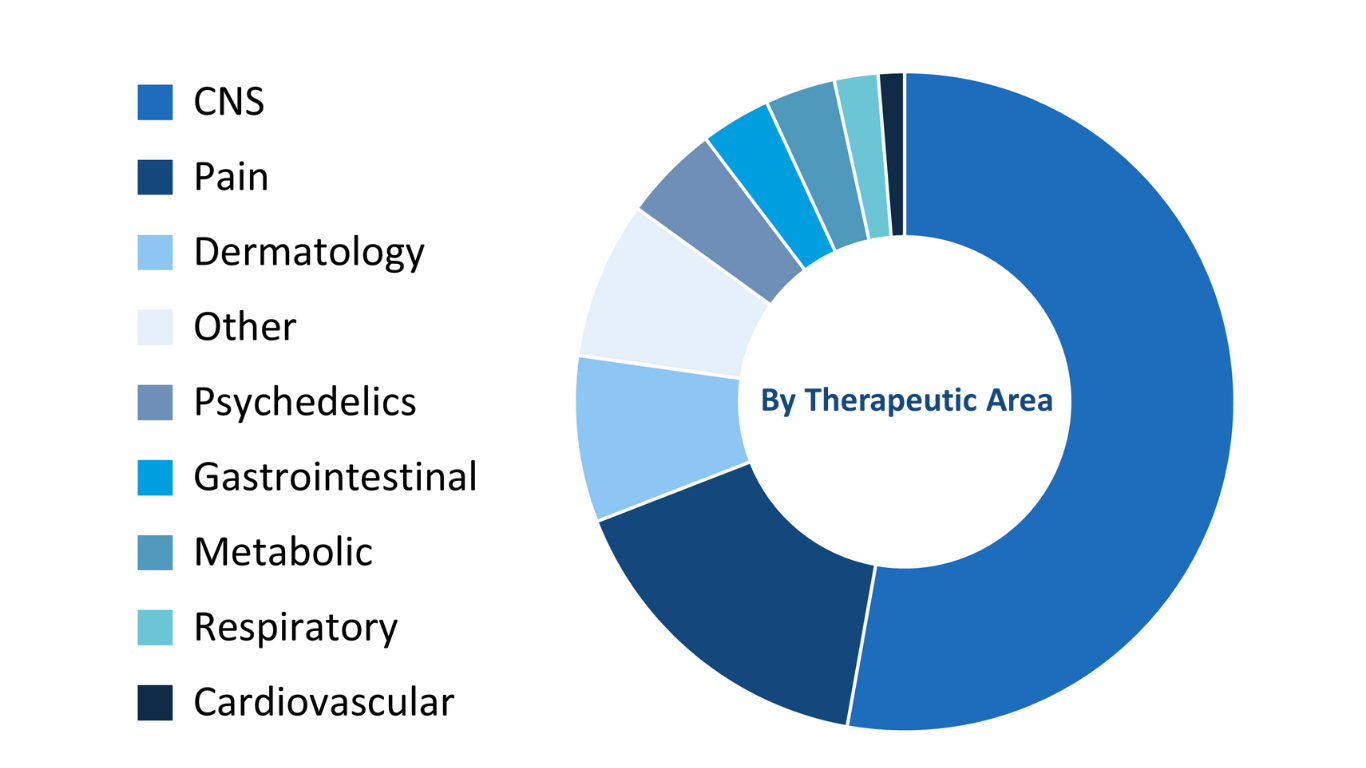A Contract Research Organisation (CRO) is a company contracted to provide day-to-day clinical research support to various organisations, such as pharmaceutical, biopharmaceutical, biotech, and medical device companies. These organisations rely on CROs for their expertise and experience in conducting clinical trials efficiently and effectively.
Pharmaceutical and biotechnology research is a landscape that is constantly evolving, making your choice of CRO even more significant to the success of a clinical trial, as it will impact everything from timelines to costs and, most importantly, the overall outcome.
When navigating this, it is important to understand the critical factors that influence the selection process. We’ve provided a comprehensive guide on what to consider when selecting the right CRO partner for your study.
Define Your Objectives, and Evaluate Experience and Expertise
Before embarking on the journey of selecting a CRO, it is crucial to define your research objectives clearly. Identify the specific services and expertise you require from a CRO to ensure alignment with your trial’s and/or business goals and timelines.
Experience and capabilities are important. Assess the CRO’s track record and expertise in conducting clinical trials relevant to your therapeutic area. Consider factors such as the number of trials conducted, therapeutic expertise, success rates in meeting recruitment targets, trial objectives, and timelines. Expertise is not just about therapeutic area experience but also expertise in specific services such as clinical trial management, data management, and regulatory affairs, amongst others.
For example, MAC has conducted 14 psychedelic and dissociative drug studies and has specialty suites for conducting this type of research. This makes us a sound choice for a trial that involves working with psychedelic compounds.
Regulatory Compliance and Quality Assurance
Ensure that the CRO adheres to stringent regulatory standards and possesses robust quality assurance systems. The pharmaceutical and biotech industries are subject to rigorous regulatory standards and it’s crucial to partner with a CRO that demonstrates a strong commitment to compliance with global regulatory requirements.
Verify certifications, accreditations, and compliance with regulatory guidelines to mitigate risks and ensure patient safety and data integrity. A reputable CRO will have a comprehensive understanding of the regulatory landscape, ensuring that research is conducted in accordance with ethical and legal standards.
At MAC, we openly disclose more than the compulsory information currently required by industry regulations, and with an extensive background in conducting clinical trials in all phases, we can quickly and efficiently produce comprehensive study-specific documents for ethics submission. This would make us the CRO of choice for a trial that is expected to involve a high level of interaction with regulators working within constrained timelines.
Resources and Infrastructure
Evaluate the CRO’s resources and infrastructure, including facilities, technology, and human capital. Assess their capacity to accommodate the scope and scale of your clinical trial, including access to specialised equipment (if required), laboratory services, and experienced personnel.
At MAC, we are a niche CRO. We can take your drug compound from first in human through to later phases in patients, and we can do that using either our own wholly owned site network in the UK or at external sites globally. We have fully owned, dedicated sites and in-house experts across many therapeutic fields.
Research projects are dynamic and may evolve over time. Therefore, it is essential to choose a CRO that offers bespoke services, flexibility and scalability. A CRO that can adapt to a Sponsor’s changes in project scope, timelines, and resources ensures that the research remains on track, even in the face of unforeseen challenges or adjustments.
Financial Stability and Budget Considerations
Assess the financial stability of the CRO to mitigate potential risks associated with budget overruns or operational challenges in the current economic crisis. Evaluate pricing structures, transparency, and flexibility to ensure alignment with your budgetary constraints, financial expectations and reporting requirements.
Research projects often span several years and involve substantial investments. Choosing a financially stable CRO reduces the risk of disruptions due to financial challenges, ensuring the completion of the project without compromising on quality.
Communication and Project Management
Effective communication and project management are integral to the success of any clinical trial. Evaluate the CRO’s communication protocols, responsiveness, escalation pathways, and project management capabilities to ensure seamless collaboration and timely updates throughout the trial lifecycle.
Every project at MAC is assigned to a dedicated project manager who has overall accountability for the project’s delivery. This project manager leads a cross-functional project team to deliver the project scope within the set budget and time constraints.
Location and patient recruitment
The geographic presence of a CRO and the reach of its site network are critical factors in ensuring the successful execution of a research project, especially if your trial requires global or multi-site participation. A well-established CRO with a global footprint and a broad network of investigator sites can facilitate quicker patient recruitment, diversify patient populations, and navigate varying regulatory landscapes.
We own dedicated sites throughout the UK, and with our global site network, can conduct studies anywhere, providing the ability to upscale with ease and efficiency while ensuring quality and consistency. Alongside this, our purpose-built patient recruitment platform and hub provide us with the ability to recruit participants quickly and retain them for studies using a seamless, patient-centric approach.
References and Client Testimonials
Seek references and client testimonials from previous sponsors or partners who have collaborated with the CRO. Gain insights into their experiences, satisfaction levels, and key learnings to inform your decision-making process effectively.
Conclusion
Selecting the right CRO for your clinical trials requires a strategic and meticulous approach. By considering the factors discussed above and conducting thorough due diligence, you can mitigate risks, optimise trial outcomes, and ultimately contribute to advancements in medical research and patient care.
Remember that choosing the right CRO is not merely a transactional decision but a strategic partnership that can significantly impact the success and integrity of your clinical trials. By prioritising expertise, quality, communication, and collaboration, you can navigate this process with confidence and ensure the delivery of impactful and effective clinical research.
At MAC Clinical Research, we have vast experience across many therapeutic areas in all phases of research. Contact us to find out more about our experience and to discuss your study needs.











